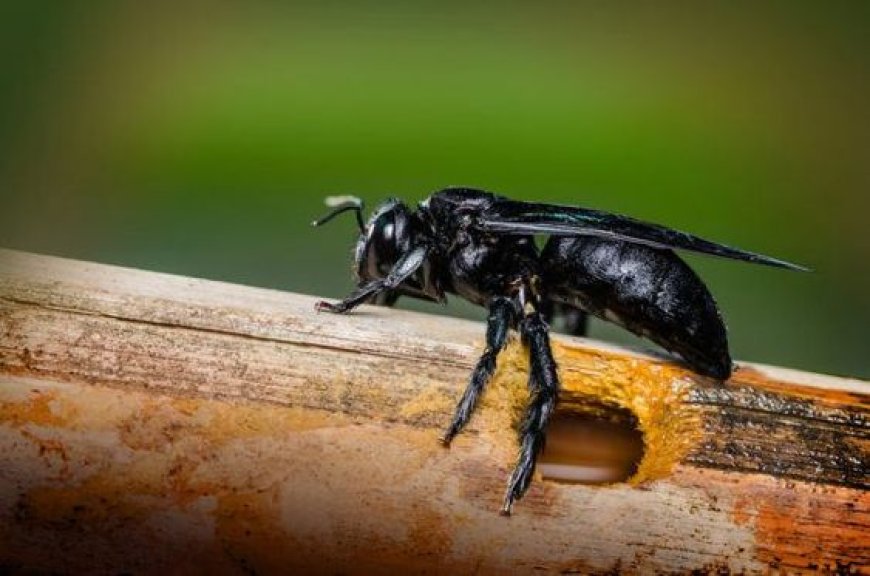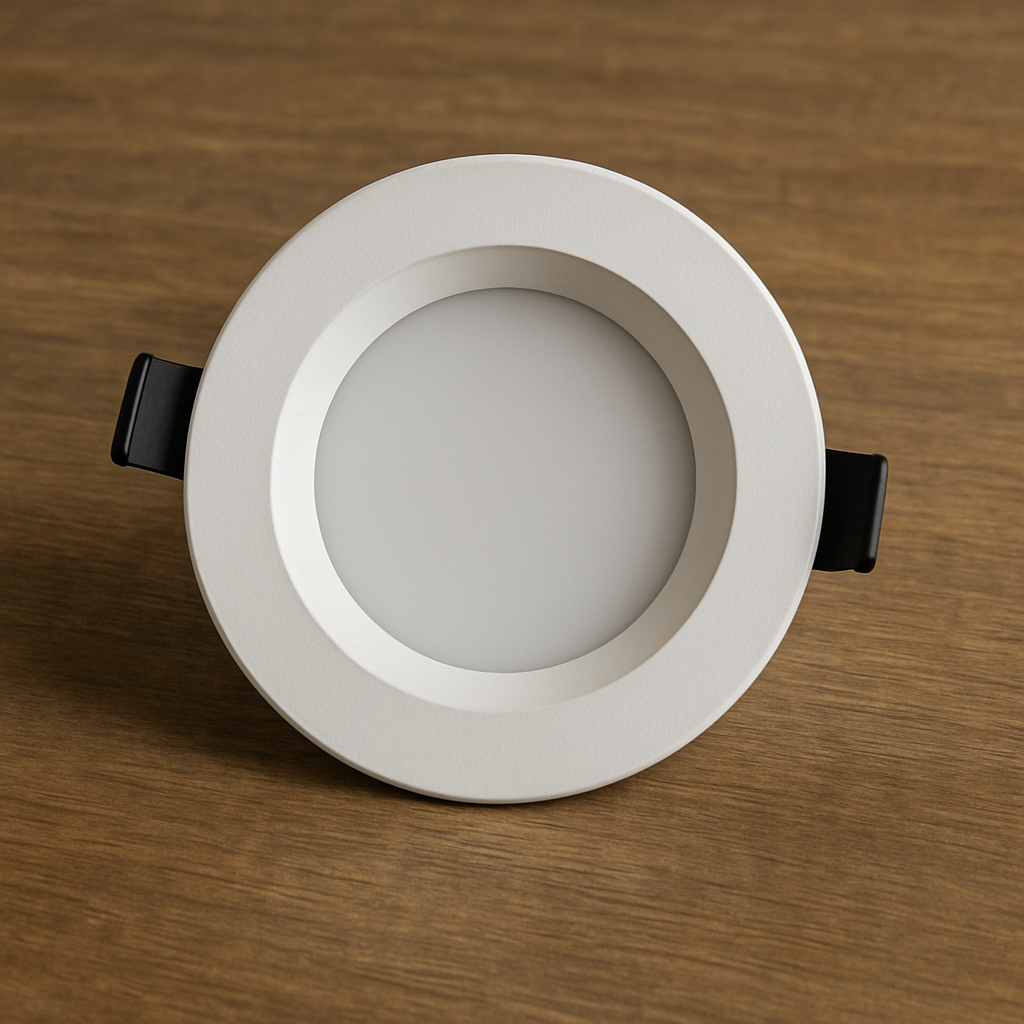Melbourne’s Peak Bee Season: When and Why Infestations Happen
Learn when bee infestations are most likely to occur in Melbourne and why. Discover seasonal bee activity and the best time to call for professional bee control.

Melbournes changing seasons bring many beautiful natural eventsbut they also affect insect activity, especially that of bees. While bees are vital pollinators that benefit gardens and agriculture, their search for nesting sites often leads them to homes, sheds, and wall cavities during specific times of the year. Knowing when peak bee season occurs can help you stay prepared and prevent potential infestations before they escalate.
When Is Peak Bee Season in Melbourne?
Bee activity in Melbourne typically spikes during spring and early summerfrom September through December. As temperatures rise and flowers begin to bloom, bees become highly active in their search for nectar, pollen, and suitable locations to build new hives.
During this time, its common to see swarms of bees as they split from existing colonies and begin to establish new homes. This behaviour, known as swarming, is natural and not usually aggressivebut it can lead to infestations if the bees settle too close to residential properties.
Why Do Bees Infest Homes?
As urban areas continue to grow, bees are increasingly finding their way into homes and buildings. They seek enclosed, undisturbed, and weather-protected spaces, which often include:
-
Wall cavities
-
Roof voids
-
Attics
-
Chimneys
-
Garden sheds or tree hollows near homes
When bees find these ideal conditions near flowering plants, fruit trees, or water sources, they quickly set up a hive.
How to Spot a Hive Early
Early detection is key to avoiding a full-scale infestation. During peak season, keep an eye out for:
-
Large numbers of bees flying in and out of a single location
-
Buzzing noises coming from walls or ceilings
-
Visible hives on branches, roofs, or corners of buildings
The earlier you notice these signs, the easier and safer it will be to manage the issue.
What to Do if You Notice a Hive
Avoid disturbing the bees or attempting to remove the hive yourself. Swarming bees may become aggressive if they feel threatened. Instead, contact a specialist in Bee Control Melbourne who can safely assess and handle the situation.
Depending on the complexity of the removal, Bee Removal Cost Melbourne can varybut professional services ensure the job is handled efficiently, ethically, and without harm to the bees or your property.
Why Choose Professionals?
A reliable service like Bees Pest Control Melbourne not only removes the hive but also advises on how to prevent future infestations. From sealing entry points to offering maintenance checks, professionals provide peace of mind during the busy bee season.
Final Thoughts
Spring and early summer mark the busiest time for bee activity in Melbourne. By staying alert and understanding the signs of a potential hive, you can take quick, safe action. If bees settle too close for comfort, trust a licensed expert to handle the situation with carefor your safety and for the bees' well-being.






































